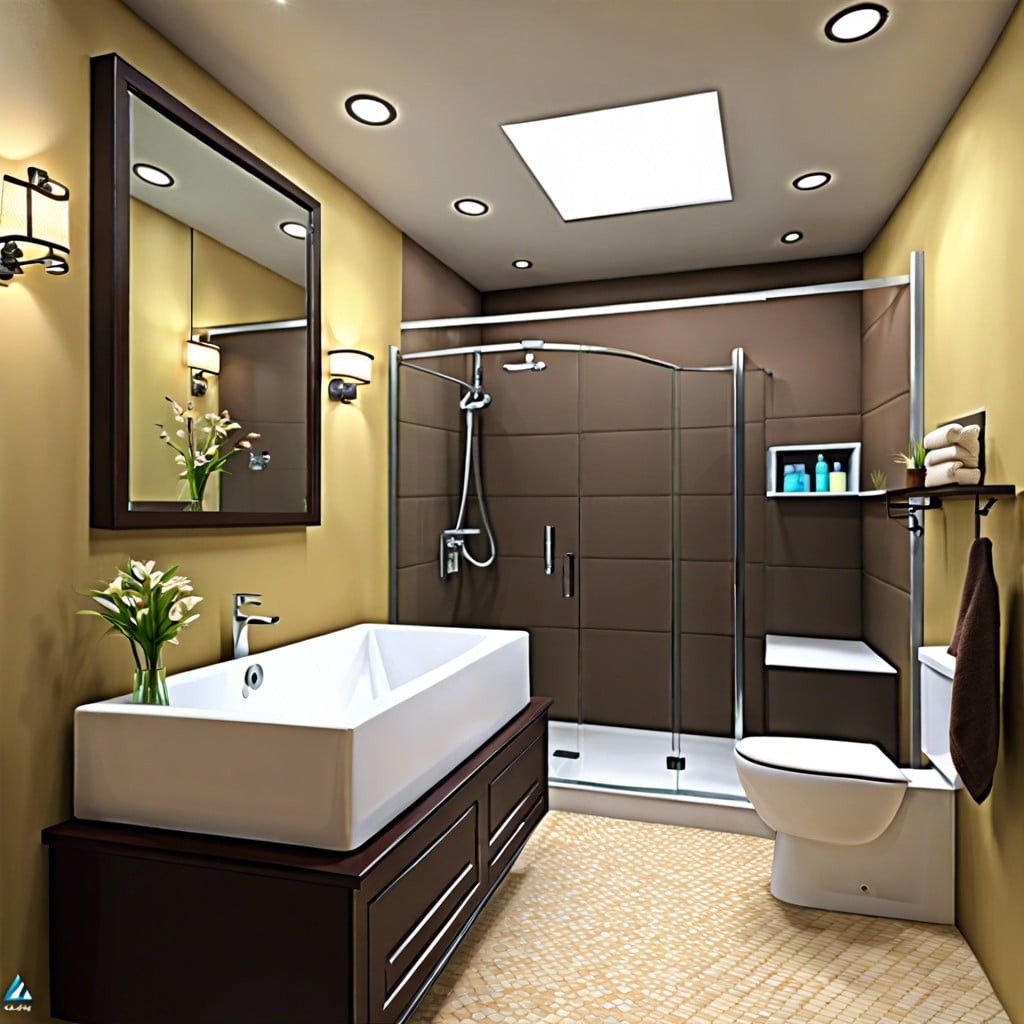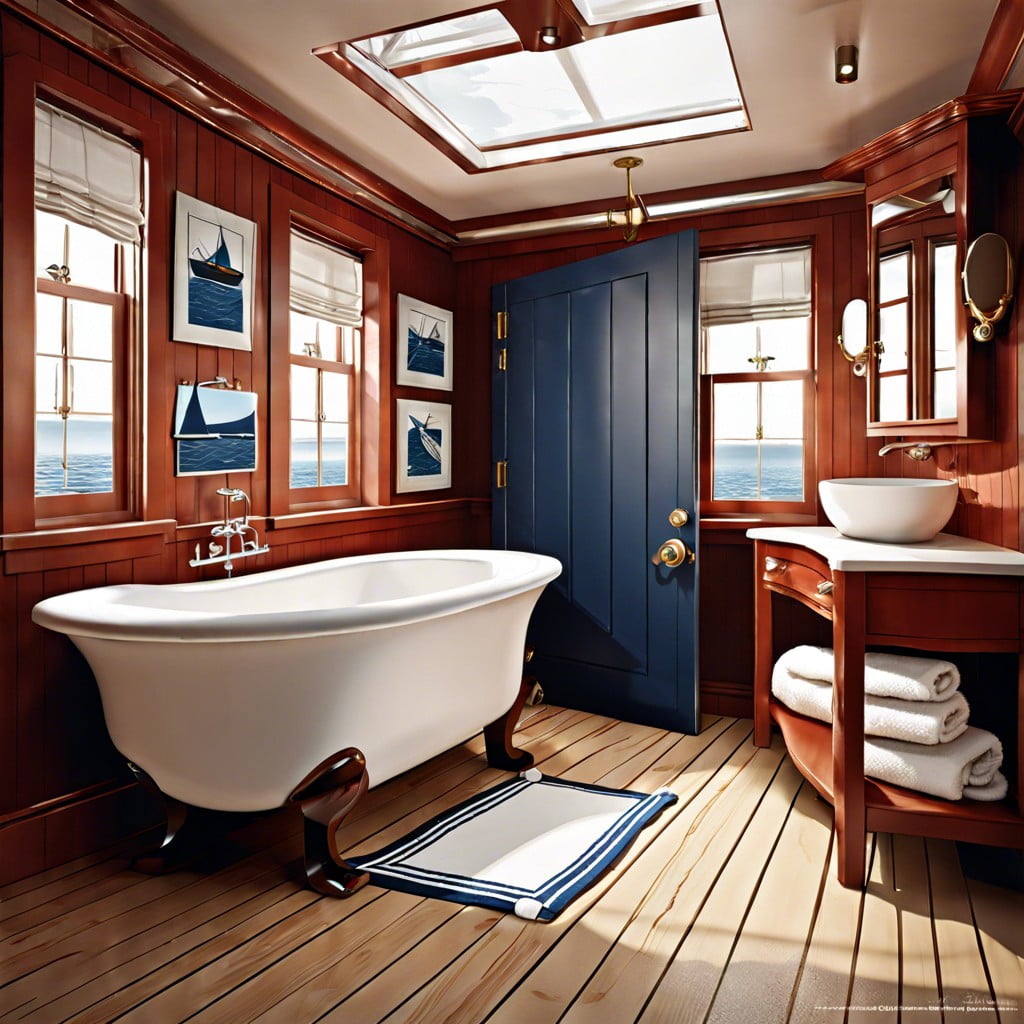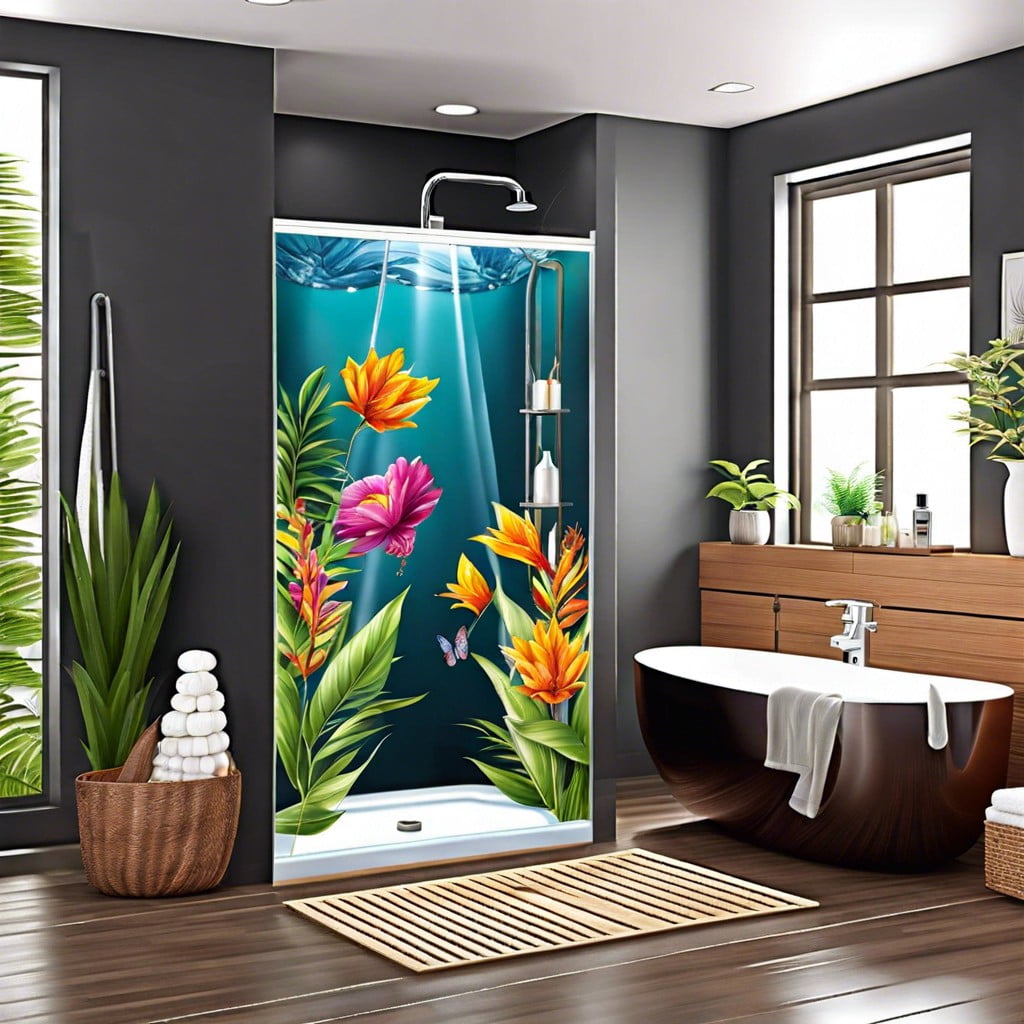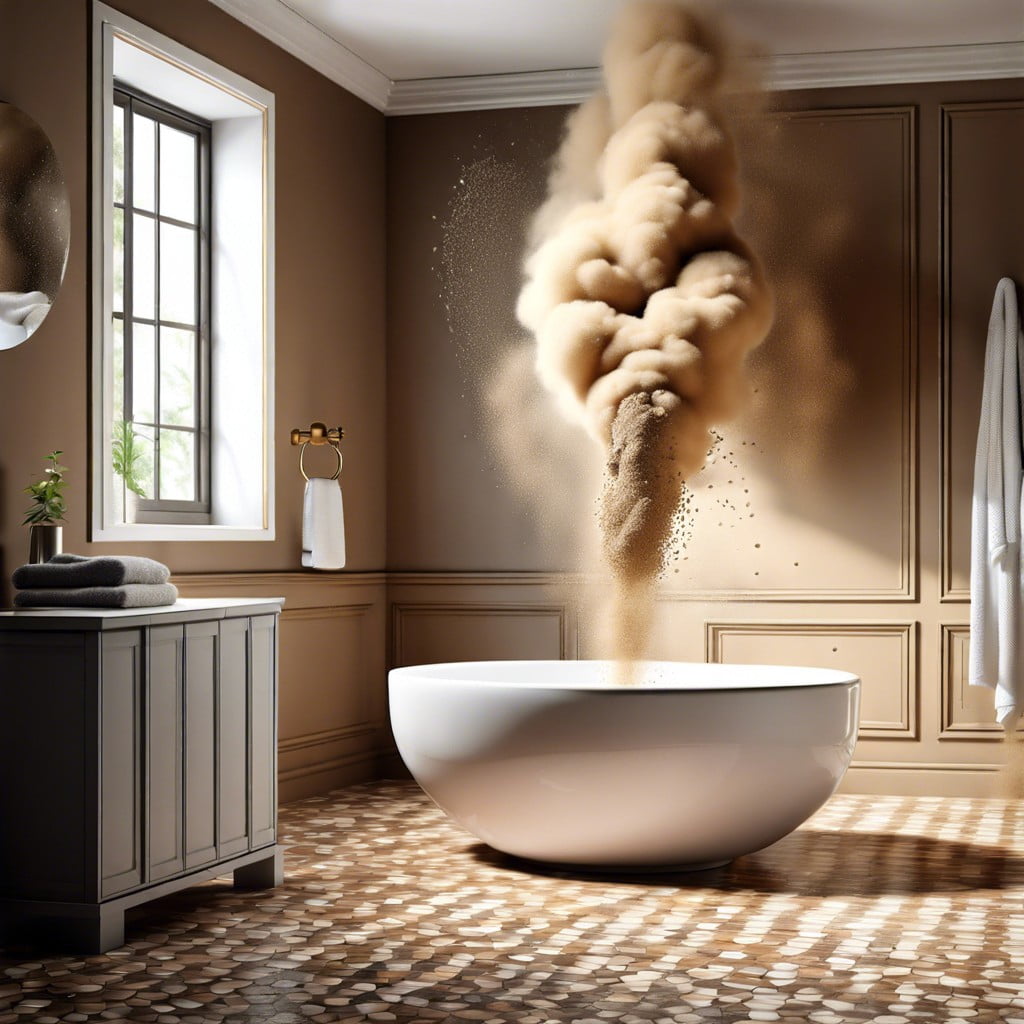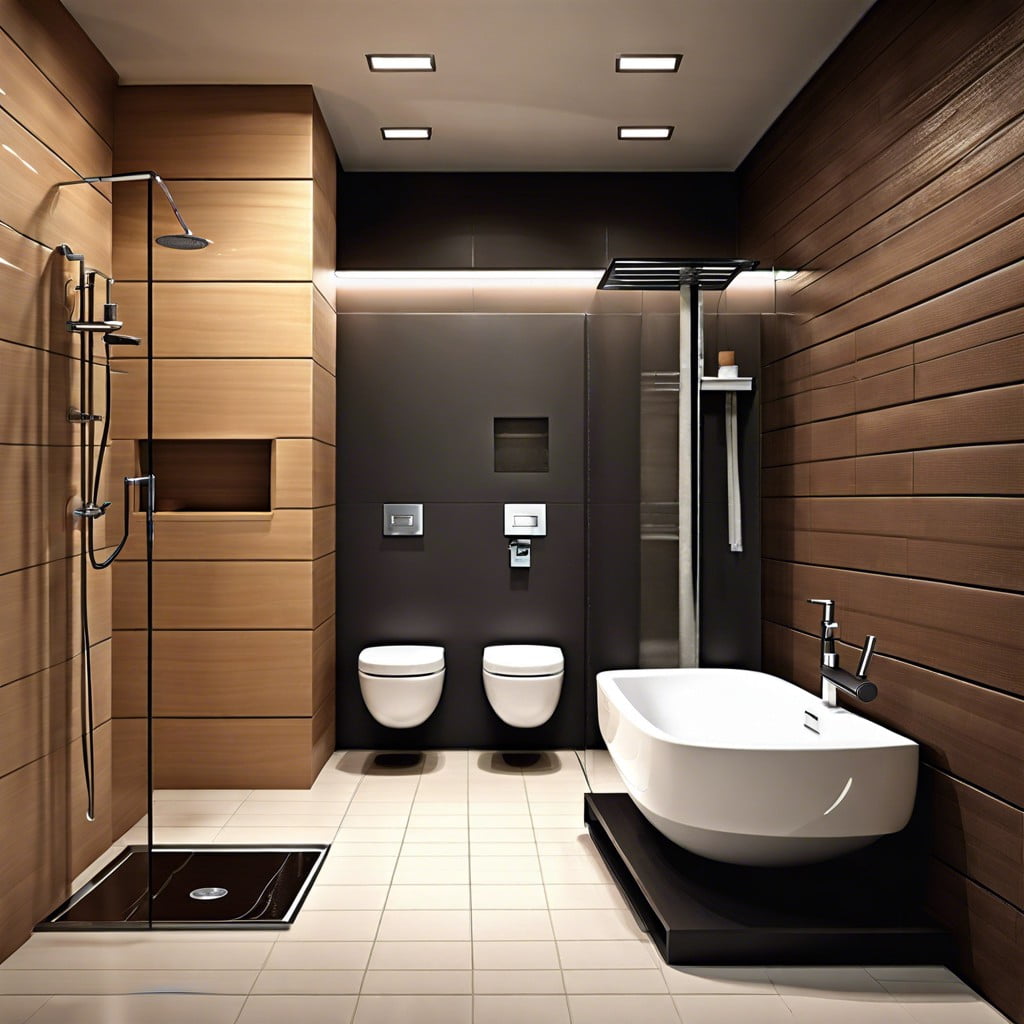Last updated on
Unravel the mysteries surrounding your feline friend’s peculiar habit of trailing you into the bathroom as we delve into the behavioral science and instinctual drives of cats.
Key takeaways:
- Close animal-human bond signifies trust and comfort.
- Cats follow to the bathroom due to territorial behavior and curiosity.
- Routine and habit formation lead to cats following their owners.
- Cats dislike closed doors and want to investigate restricted access.
- Cats follow to the bathroom for companionship and social interaction.
Close Animal-Human Bond
Cats are often viewed as independent animals, but this belies their capacity for strong attachments to their human companions. The bond between a cat and its owner can manifest in various ways, including following them around the house – yes, even into the bathroom. This behavior signifies trust and comfort; in their owner’s presence, cats feel safe to explore and express their affection. Such following mimics the way kittens trail their mother, indicating a deep-rooted, instinctive connection. It’s a sign that your feline views you as part of their social group, a significant figure in their world of comfort and security.
Territorial Behavior and Curiosity
Cats possess a strong territorial instinct that compels them to monitor and investigate their environment. When following you to the bathroom, they may simply be executing routine patrols, ensuring all is well within their perceived domain. Think of them as tiny, furry overseers of your household.
Pair that with a feline’s innate curiosity, and it’s a recipe for a constant shadow. They’re wired to be immensely interested in their owner’s actions. When a door opens, it’s like an unexplored territory or a mystery that must be explored. It’s an irresistibly new scent, sight, or sound on the other side, and they won’t be satisfied until they have the full scoop.
Also, if you consider the bathroom a personal space where your focus shifts away from them, your cat might be eager to understand this shift in attention. Their following could be a way of keeping track of what’s so fascinating about this ‘human litter box‘ that it captures so much of your time without them.
Routine and Habit Formation
Cats thrive on familiarity, and your daily motions are no exception to their watchful eyes. With a penchant for predictability, these creatures are quick to adapt to household patterns, including your trips to the loo.
In essence, if you’ve unwittingly set a precedent where your bathroom breaks involve a feline spectator, don’t be surprised if this becomes part of their expected itinerary. Consistency is key in a cat’s world, where meals, naps, and even your personal errands become pegs in their internal daily planner.
This habitual participation is a testament to their preference for a structured environment where they can anticipate the next move, and yes, even if that means joining you during your most private moments.
Reaction to Closed Doors and Restricted Access
Cats are notorious for disliking closed doors – it’s a challenge to their domain access. When you head off to the bathroom and shut the door, it creates a barrier that your cat naturally wants to investigate. This is instinctual; in the wild, knowing what lies behind barriers can be crucial for survival.
Consider it a combination of FOMO (Fear of Missing Out) and a knack for exploration. Your feline companion simply can’t stand the mystery of what’s happening without them. Plus, a closed door presents a puzzle, and just like humans, cats love a good puzzle. They’re thinking, “What’s on the other side? Could it be food, a play session, or a hidden threat to our territory?”
This isn’t just about curiosity; for cats, controlling their environment is central to their sense of security. When they can’t see an area, particularly one they’re used to having access to, it may cause minor anxiety or concern. This need to control and patrol their territory means they’re likely to shadow you, even more, when they sense an area is off-limits.
Desire for Companionship and Social Interaction
Cats, often labeled as independent creatures, actually possess a streak of sociability. This draws them to follow their humans, even into the bathroom. They crave interaction, and since you, the pet parent, are the center of their world, they seek your attention at various times throughout the day.
- A closed bathroom door represents a temporary barrier to socializing with their favorite person.
- This behavior underscores a cat’s desire for social engagement, not wanting to miss out on any potential bonding moments.
- They may associate your bathroom visits with opportunities for petting or play, since you’re typically seated and more accessible.
- It’s not just about affection; your cat’s following might be part of their daily social routine, establishing a consistent interaction pattern with you.
Understanding this can reinforce the bond between you and your feline friend, as it highlights their affectionate side, often overlooked due to their independent reputation.
FAQ
Is it normal for my cat to follow me to the bathroom?
Absolutely normal, as cats love to spend time with their humans, and following you to the bathroom is a manifestation of this affection.
Why does my cat get clingy when I go to the bathroom?
The clingy behavior in cats during their owners’ bathroom visit often stems from their anxiety of physical separation and the instinctive need for protection.
Why does my cat guard me when I pee?
Cats, when they guard you during your bathroom routine, are expressing their territorial instinct and affectionate bond towards you.
Why does my cat sit next to me when I poop?
Your cat sits next to you during your bathroom breaks as a demonstration of instinctual protection and their peculiar form of bonding – a trait influenced by their keen sense of smell.
Could my cat’s curiosity be the reason why it follows me to the bathroom?
Yes, your cat’s innate curiosity could very well drive it to follow you to the bathroom for exploration and understanding of its environment.
What breeds are more likely to accompany their owners to the bathroom?
Breeds like French Bulldogs, English Bulldogs, and Bichon Frises are more likely to accompany their owners to the bathroom due to their inherent clingy nature.
Does my cat see my bathroom time as a bonding opportunity?
Yes, your cat might see your bathroom time as a bonding opportunity.
Recap
